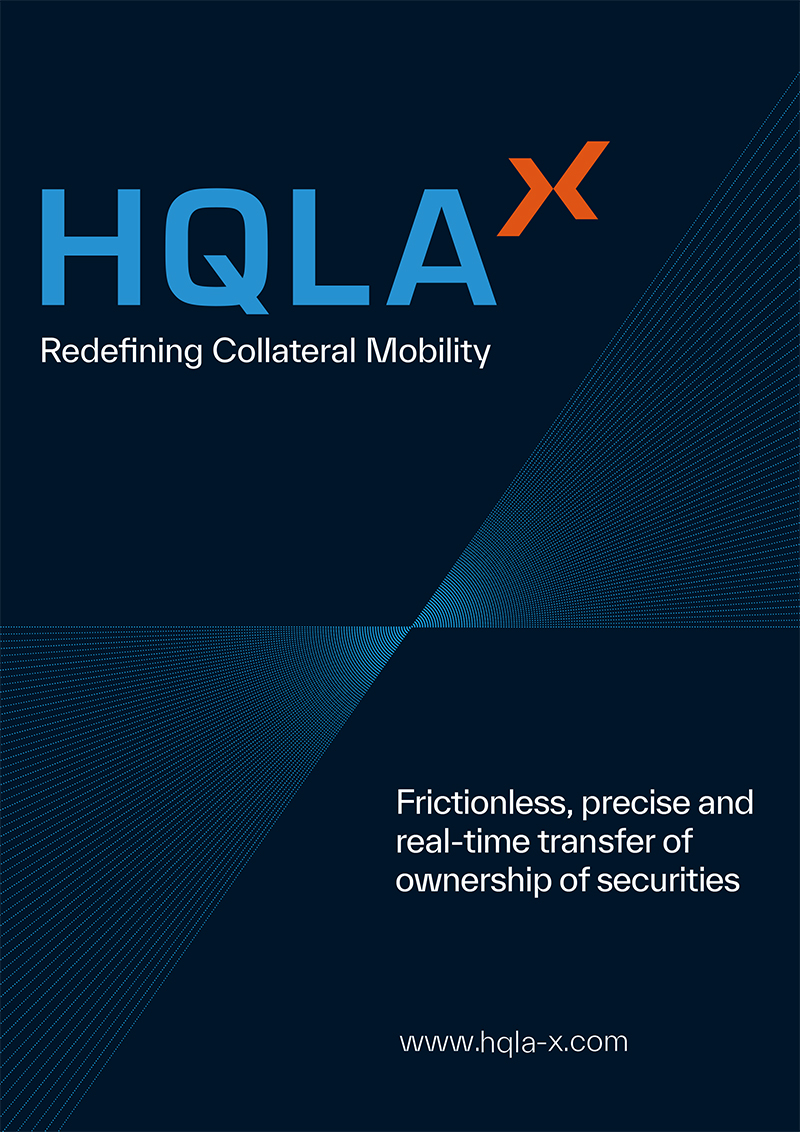US court vacates SEC Dealer Rule
22 November 2024 US
 Image: Yeti_Studio/stock.adobe.com
Image: Yeti_Studio/stock.adobe.com
A district court in Texas has decided to vacate the US Securities and Exchange Commission's (SEC) ‘Dealer Rule’ on the grounds that it exceeds the regulator’s statutory authority.
The Alternative Investment Management Association (AIMA), along with two other trade associations, challenged the rule in March, arguing it is “arbitrary and capricious”, and that it was adopted without adequate consideration of its impacts on efficiency, competition, and capital formation.
"We are very pleased by the court’s ruling, a result that rightfully sets aside the SEC’s attempt to dramatically expand its authority by adopting a sweeping, unprecedented new interpretation of a 90-year-old statutory definition,” says Jack Inglis, CEO of AIMA.
“Today’s ruling validates our decision to challenge the rule to protect the interests of our members and a wide variety of market participants from what would otherwise have been severe and adverse consequences.”
Adopted in February, the Dealer Rule aimed to expand the definition of a ‘securities dealer’ and ‘government securities dealer’ under US law, addressing gaps and ambiguities in the regulatory framework.
The rule broadens the scope to include entities or individuals whose trading activities regularly have the effect of providing liquidity to the marketplace, regardless of whether they serve customers.
It introduced two qualitative tests to determine if someone is a dealer, based on liquidity provision and revenue from trading spreads.
Critics of the rule, including the National Association of Private Fund Managers (NAPFM) and the Managed Funds Association (MFA), contended that the SEC was overreaching its authority by attempting to broaden the scope of entities subject to dealer regulations beyond what is permitted under the statutory definition of a dealer in the Securities Exchange Act of 1934.
According to Bryan Corbett, president and CEO of MFA, the SEC’s “rushed rulemaking” resulted in a final rule that was unworkable and ignored that dealers have customers.
As a result, the US District Court for the Northern District of Texas decided to vacate the final rule entirely.
In his ruling, District Judge Reed O’Connor said: “A regulator’s temptation may be to put every corner of the market under a regulatory spotlight. When engaging in that temptation causes an agency to act beyond its authority, the judiciary is obligated to thwart that action.”
Corbett welcomes this decision, noting that it will benefit markets, fund managers, and investors, including pensions, foundations, and endowments.
He adds: “The Court ruling affirms what MFA has maintained all along — alternative asset managers are not dealers.”
The Alternative Investment Management Association (AIMA), along with two other trade associations, challenged the rule in March, arguing it is “arbitrary and capricious”, and that it was adopted without adequate consideration of its impacts on efficiency, competition, and capital formation.
"We are very pleased by the court’s ruling, a result that rightfully sets aside the SEC’s attempt to dramatically expand its authority by adopting a sweeping, unprecedented new interpretation of a 90-year-old statutory definition,” says Jack Inglis, CEO of AIMA.
“Today’s ruling validates our decision to challenge the rule to protect the interests of our members and a wide variety of market participants from what would otherwise have been severe and adverse consequences.”
Adopted in February, the Dealer Rule aimed to expand the definition of a ‘securities dealer’ and ‘government securities dealer’ under US law, addressing gaps and ambiguities in the regulatory framework.
The rule broadens the scope to include entities or individuals whose trading activities regularly have the effect of providing liquidity to the marketplace, regardless of whether they serve customers.
It introduced two qualitative tests to determine if someone is a dealer, based on liquidity provision and revenue from trading spreads.
Critics of the rule, including the National Association of Private Fund Managers (NAPFM) and the Managed Funds Association (MFA), contended that the SEC was overreaching its authority by attempting to broaden the scope of entities subject to dealer regulations beyond what is permitted under the statutory definition of a dealer in the Securities Exchange Act of 1934.
According to Bryan Corbett, president and CEO of MFA, the SEC’s “rushed rulemaking” resulted in a final rule that was unworkable and ignored that dealers have customers.
As a result, the US District Court for the Northern District of Texas decided to vacate the final rule entirely.
In his ruling, District Judge Reed O’Connor said: “A regulator’s temptation may be to put every corner of the market under a regulatory spotlight. When engaging in that temptation causes an agency to act beyond its authority, the judiciary is obligated to thwart that action.”
Corbett welcomes this decision, noting that it will benefit markets, fund managers, and investors, including pensions, foundations, and endowments.
He adds: “The Court ruling affirms what MFA has maintained all along — alternative asset managers are not dealers.”
NO FEE, NO RISK
100% ON RETURNS If you invest in only one securities finance news source this year, make sure it is your free subscription to Securities Finance Times
100% ON RETURNS If you invest in only one securities finance news source this year, make sure it is your free subscription to Securities Finance Times



